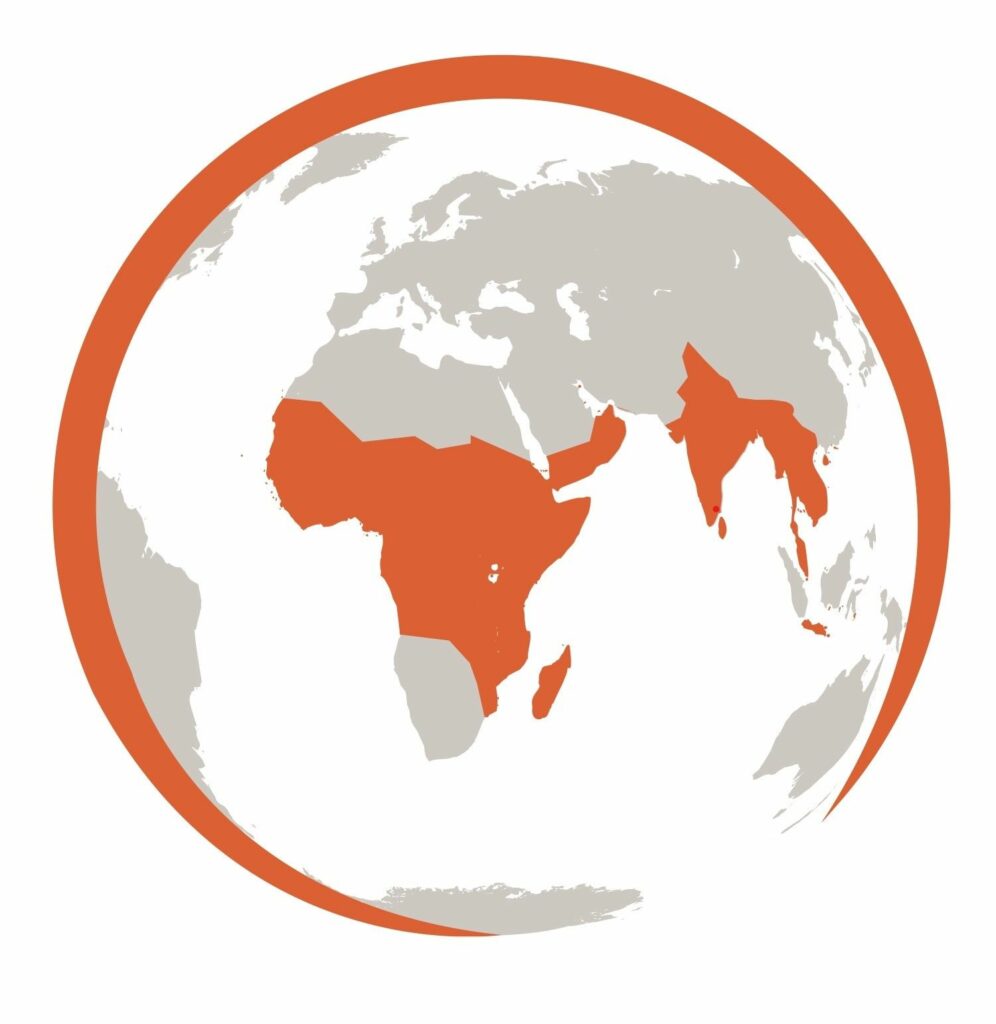Funders
German Federal Ministry of Education and Research
Location
Burkina Faso, Cameroon, Côte d'Ivoire, Democratic Republic of Congo, Ethiopia, Ghana, Malawi, Mozambique, Rwanda
Dates
2019-2020

‘Research Networks for Health Innovations in sub-Saharan Africa’- ‘Health Africa’ – is a five-year programme of research, funded by the German Federal Ministry of Education and Research (BMBF). Key challenges in delivering international standard research within Sub-Saharan African research institutions relate to gaps in research administration and support systems, and infrastructure.
Liverpool School of Tropical Medicine and Capacity Development International were commissioned as the external evaluation partners and this included two assessments where Tropical Health provided technical assistance. These included conducting a rapid research needs capacity assessment for 11 Sub-Saharan African partner institutions that applied for a research capacity award; and a mid-line review across the Sub-Saharan African partner institutions.
The research capacity needs assessments aim to identify gaps against optimal research support systems and facilitate institutional priority setting and action planning with a focus on research administrative and support systems. The approach uses a data collection tool developed by Capacity Development International for LSTM’s Centre for Capacity Research which allows comparison of institutional research support capacity against ‘optimal’ capacity derived from an extensive review of peer reviewed publications and expert groups. It assesses research capacity at both the research team and institutional level. Data were collected via interviews and a document review, followed by a debriefing with key stakeholders that focused on prioritising recommendations presented.
The midline review follows the original baseline evaluation using ‘light touch’ evaluation methods. The approach uses a data collection tool which includes questions based on the OECD/DAC Evaluation Criteria. Data were collected via key informant interviews and documents review. Short narrative reports were developed to share with the institutions and to feed into a larger evaluative process.
In the review of institutions in Malawi, for example, the evaluators made recommendations on how to maximise external research networking opportunities and strategically develop and maintain research partnerships, increase engagement of Master’s, PhD and Post-Docs holders in research projects, strengthen career development opportunities for research support staff, and strengthen mentorship for early career researchers. In an evaluation in Mozambique, the evaluators recommended that the partner organise additional periodic internal meetings and presentations to share research results, as well as improve understanding and skills in monitoring research impact on policy and practice.
Global Fund / Nigeria National Malaria Elimination Programme
Nigeria
2023 - 2024
Sightsavers, Ghana Somubi Dwumadie (FCDO)
Ghana
2022-2023
Global Fund MOSASWA (Mozambique, South Africa and Swaziland) region
Mozambique
2022-2023